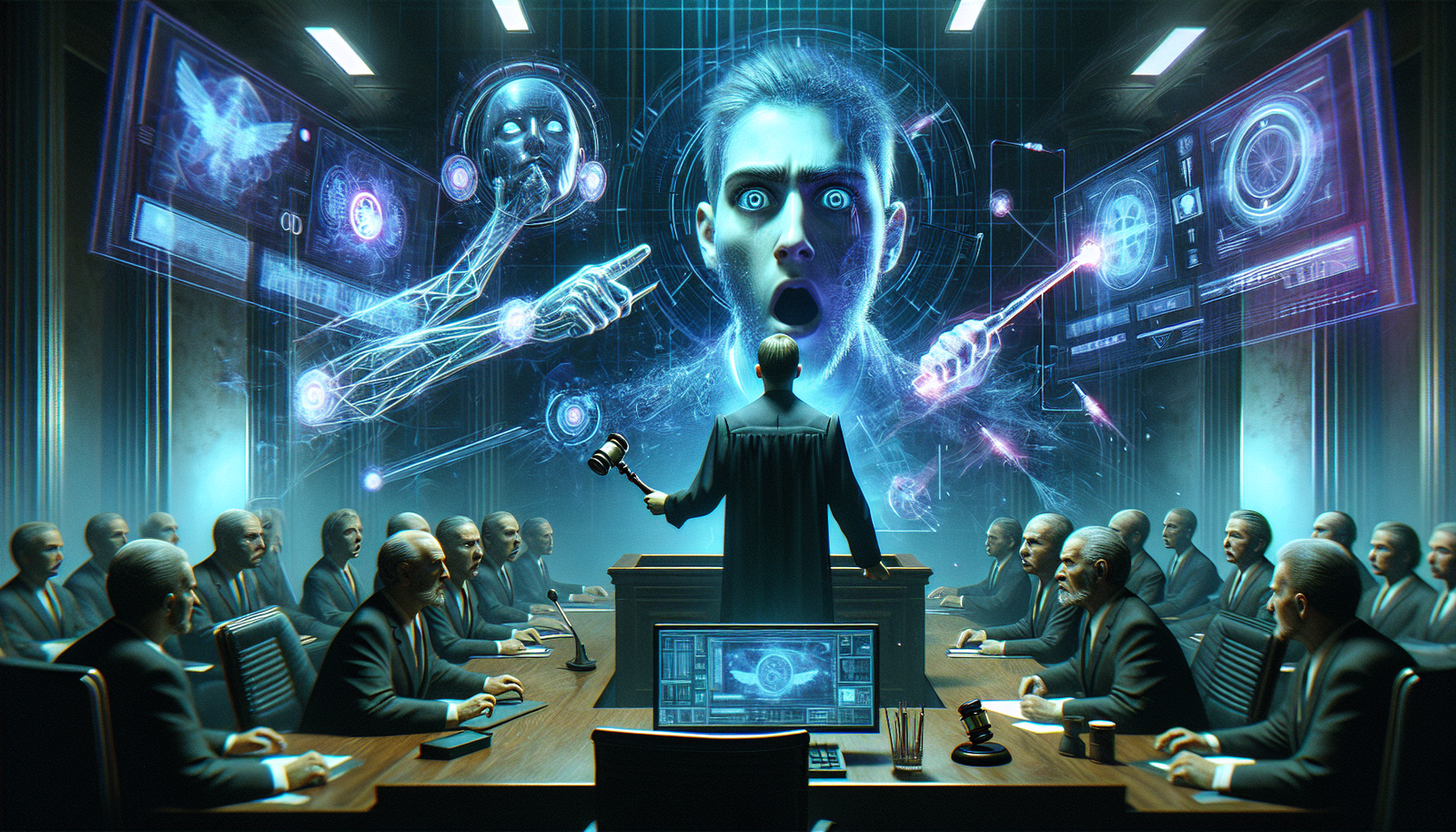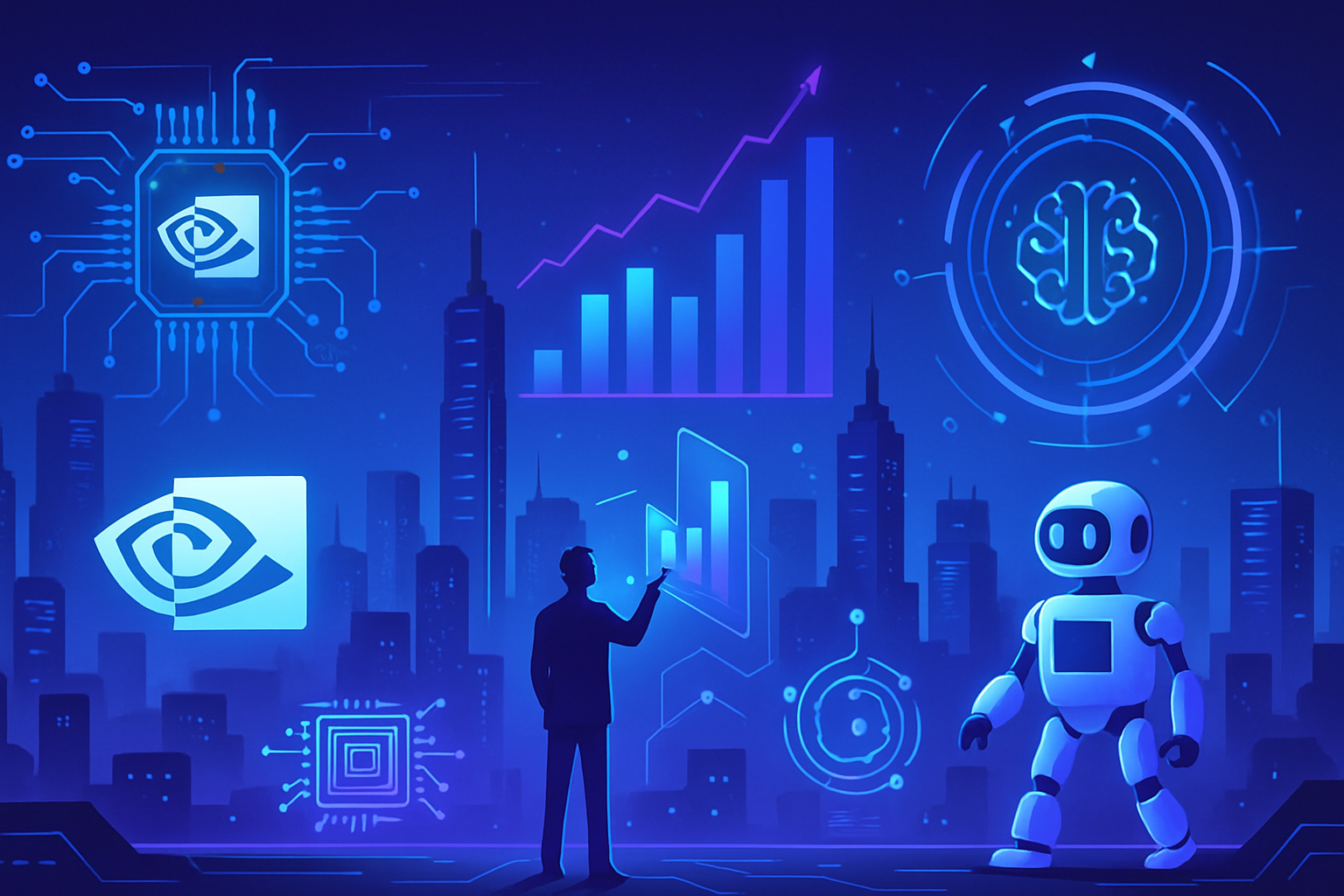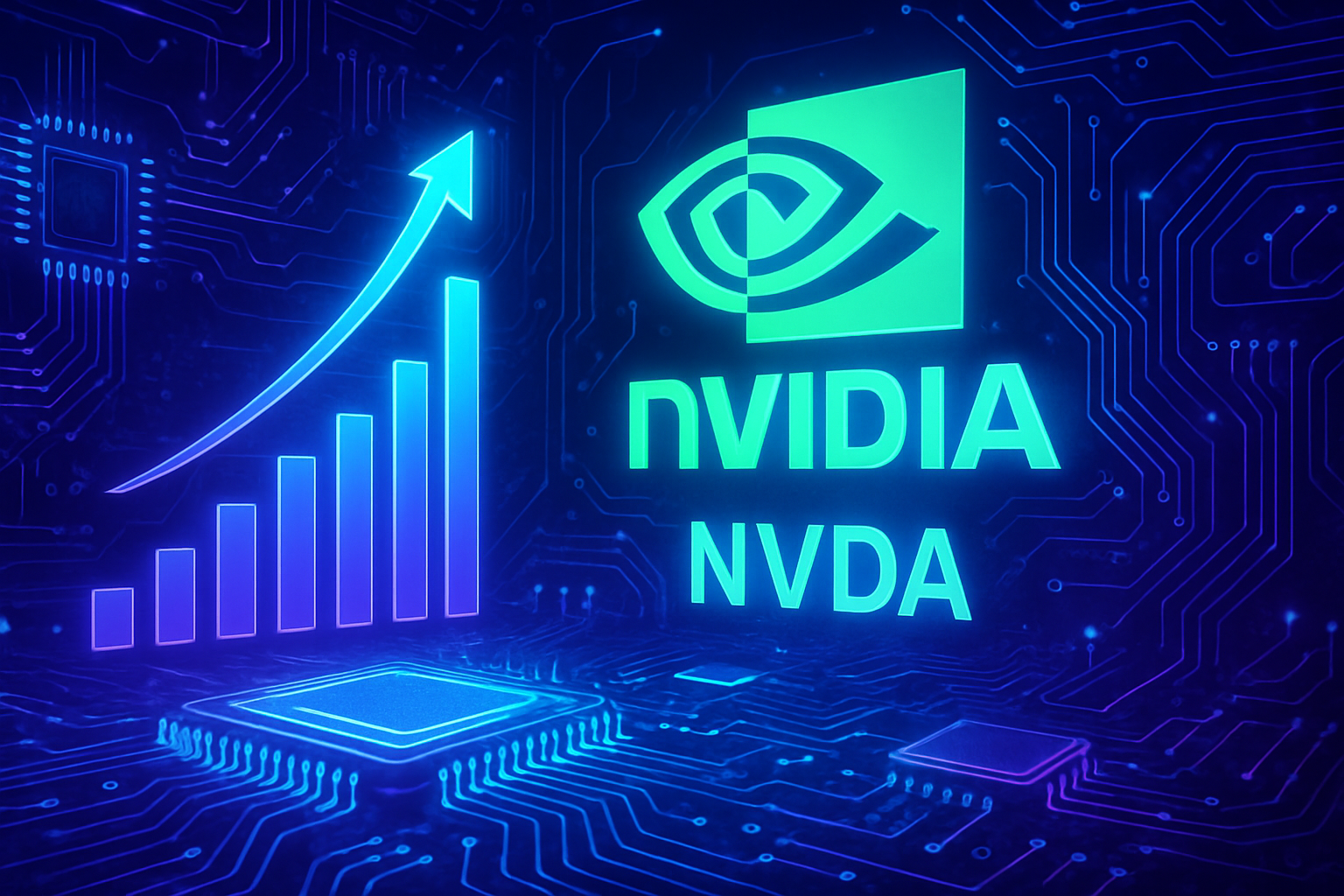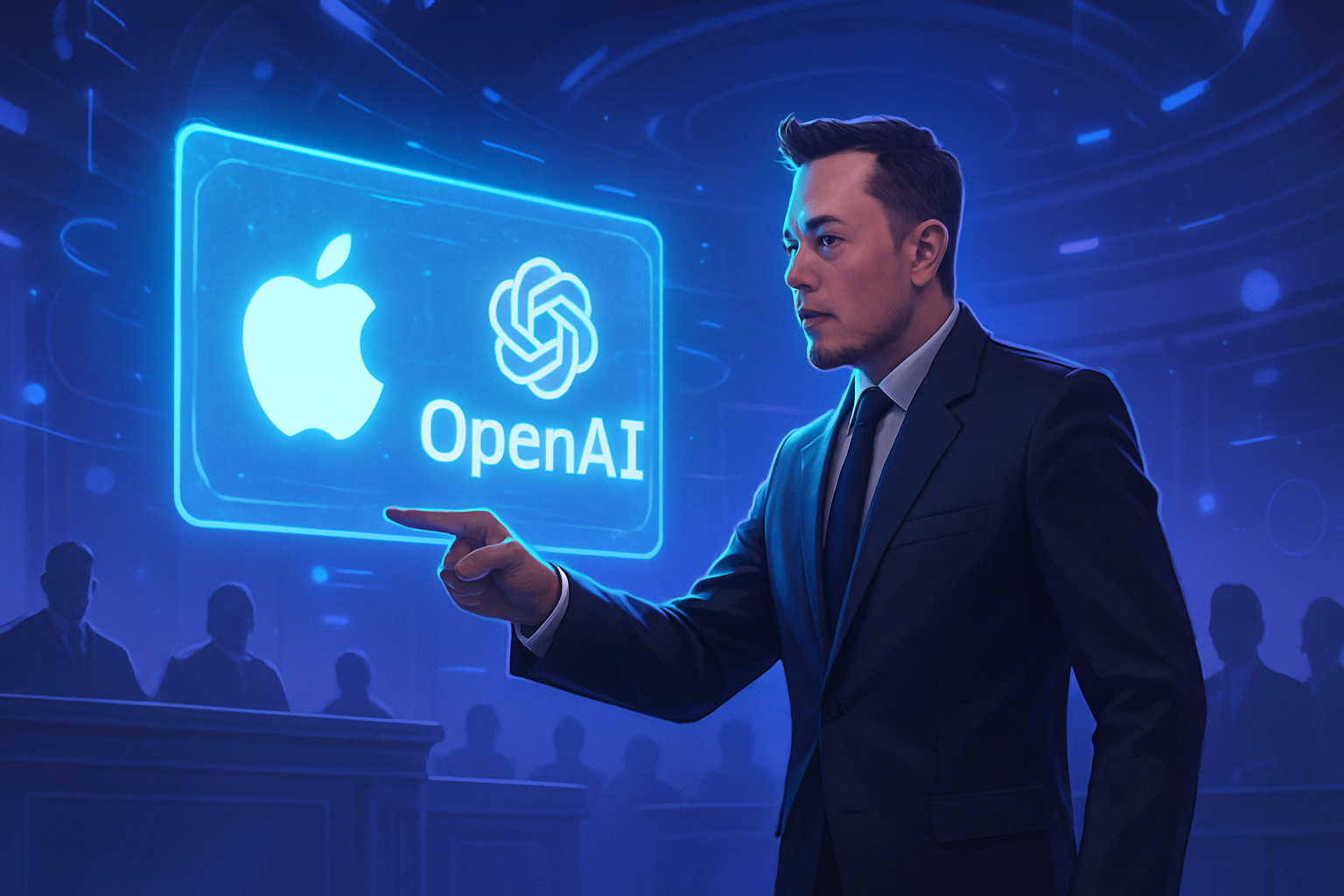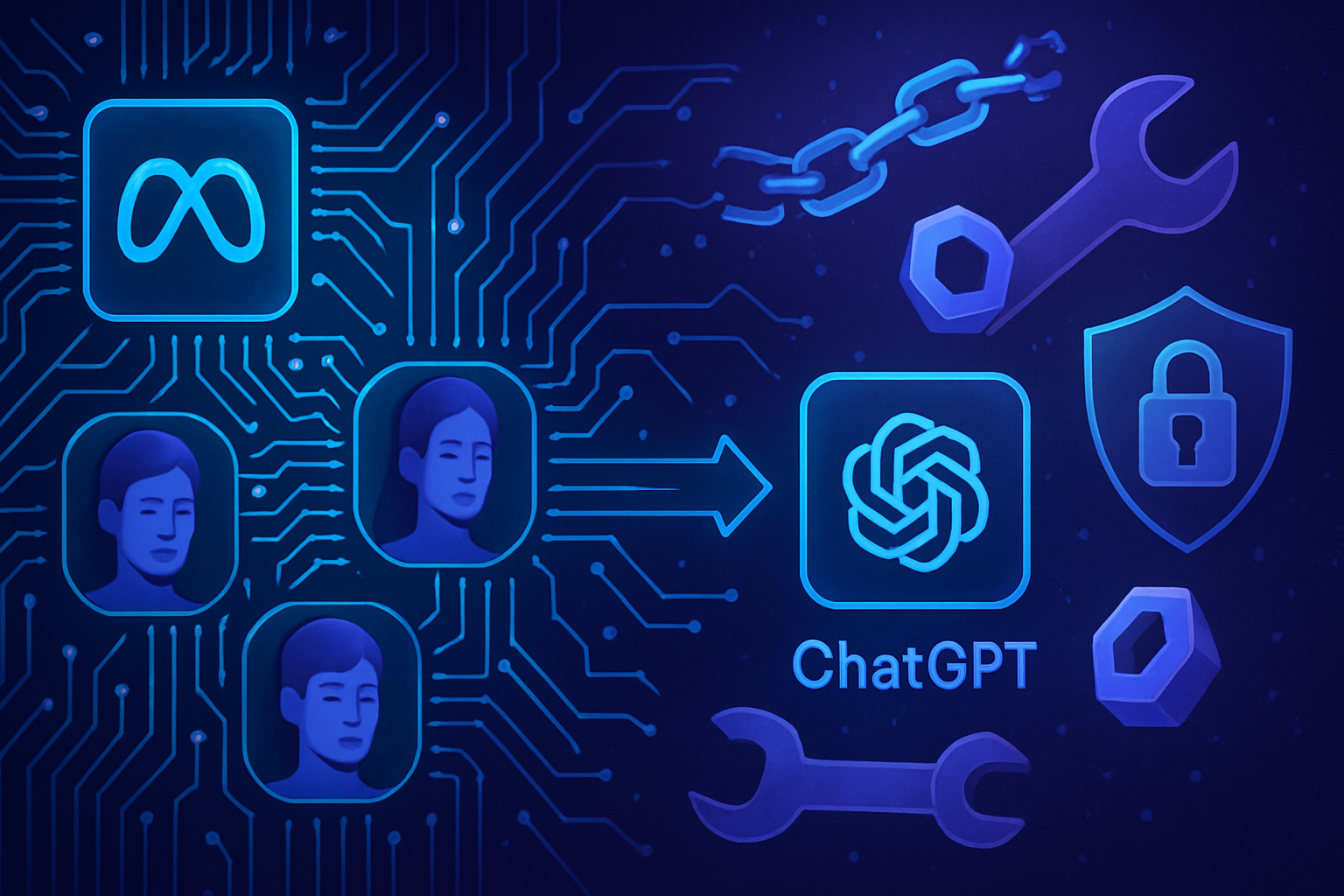The wanderings of artificial intelligence lead to human dramas. A Norwegian citizen finds himself facing ignominious murder charges, an absurd situation caused by the missteps of ChatGPT. *The consequences of misinformation can be devastating*, especially when supposedly advanced technologies exploit human irresponsibility. This trial highlights crucial issues such as the *responsibility of AI designers* and the protection of individual rights. This scandal raises profound questions about the *reliability of algorithms* and their impact on our society.
Court case: a Norwegian citizen wrongfully accused
A Norwegian citizen finds himself in an alarming situation as he has been wrongly accused of murdering his children. This case, which has provoked strong reactions, sheds light on the potential failures of artificial intelligence systems. Indeed, the accusation is largely based on information generated by ChatGPT, a chatbot developed by OpenAI, known for its natural language processing capabilities.
The legal implications of using AI
Artificial intelligence, though innovative, now raises legal concerns. The unfavorable situation of this citizen underscores the risk of defamation associated with erroneous responses produced by automated systems. The murder charge is based on allegations provided by ChatGPT, which has inadvertently presented misleading information. Individuals are thus exposed to significant legal consequences, despite their innocence.
OpenAI facing lawsuits
OpenAI, the company behind ChatGPT, finds itself in the crosshairs of legal authorities. Criticism against it has intensified, particularly due to the threats this technology could pose to innocent individuals. The company faces accusations of failing to implement effective mechanisms to prevent errors in the responses provided by its AI, especially in circumstances as serious as these.
The specific context of the case
The Norwegian citizen, fighting to prove his innocence, has seen his reputation tarnished by misleading statements. Wrongfully accused of murder, he endures heavy legal pressures and a negative public profile. This case illustrates the inherent dangers of the increasing reliance of judicial systems on artificial intelligences. Judges and lawyers must now exercise heightened vigilance to avoid irreparable mistakes.
The repercussions on privacy
Beyond the judicial repercussions, this case raises significant issues regarding privacy protection. Individuals must fear that erroneous information emitted by AIs could impact their lives in the long term. The case of this Norwegian citizen shows how fundamental it is to handle data carefully while preserving individual rights.
Conclusion and thoughts on the future
The failures of ChatGPT in this case highlight the urgent need for strict regulation regarding the use of artificial intelligences. Discussions around AI legislation are becoming increasingly pressing, both to protect user privacy and to ensure the accuracy of transmitted information. The legal issues arising from this case could become a catalyst for the establishment of new norms regarding the use of AIs in judicial systems.
Frequently Asked Questions
What is the context of the trial involving ChatGPT and a Norwegian citizen?
The trial concerns a Norwegian citizen who was wrongfully accused by ChatGPT of committing a murder. This case highlights the implications of responses generated by artificial intelligence and the risks of defamation.
What are the main legal issues raised by this case?
The main issues include defamation, violation of privacy, and the responsibility of artificial intelligence companies regarding the accuracy of the information provided by their systems.
How could ChatGPT generate false accusations based on personal data?
ChatGPT operates based on data extracted from the internet, which can lead to generalizations or errors. False accusations can occur when the model experiences “hallucinations,” creating inaccurate information about individuals.
What is OpenAI’s role in this case?
OpenAI is the company responsible for creating ChatGPT. It is being scrutinized for how its algorithms handle personal data and for not having implemented adequate measures to prevent the dissemination of false information.
What measures could be taken to prevent such incidents in the future?
To prevent future wrongful accusations, it is essential to improve ChatGPT’s fact-checking algorithms and establish strict protocols regarding the use of personal data in training AI models.
Could this case have repercussions for other users of ChatGPT?
Yes, the repercussions could extend to other users, as legal precedents established in this case could influence the liability of AI companies and their practices regarding personal data management.
How is the judicial process proceeding for the plaintiff?
The plaintiff must present legal evidence establishing that the accusations made by ChatGPT have caused harm. This may include testimonies, documents, and evidence demonstrating the false nature of the accusations.
What are the reactions of the legal community regarding this case?
The legal community is divided; some lawyers emphasize the need for stricter regulation of AI technologies to protect individual rights, while others are concerned about freedom of speech and the potential implications for innovation.
